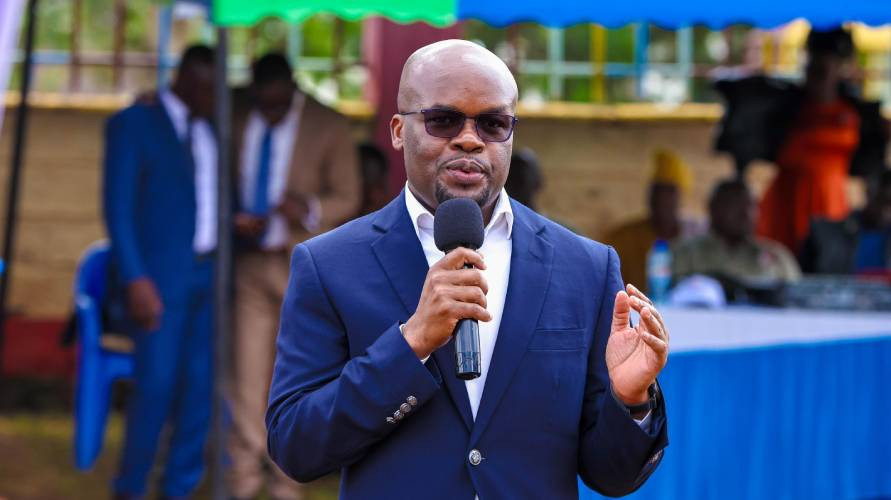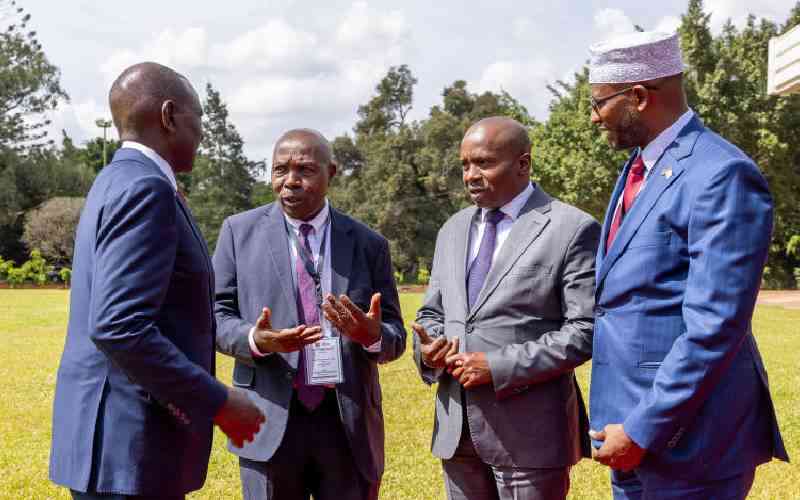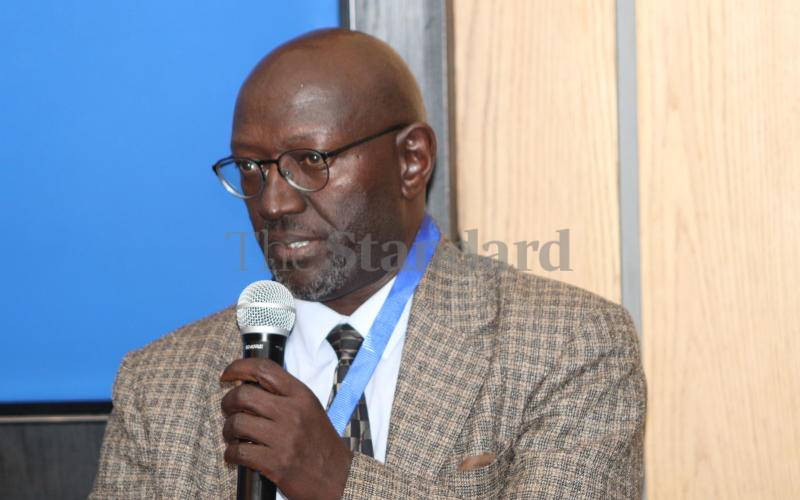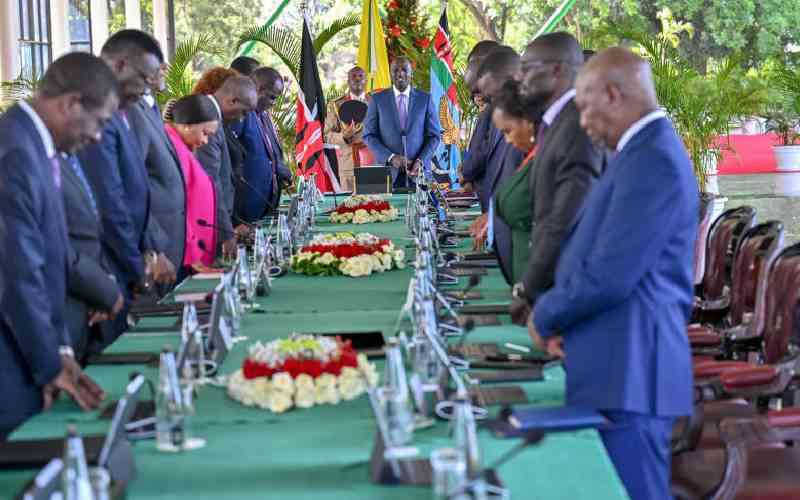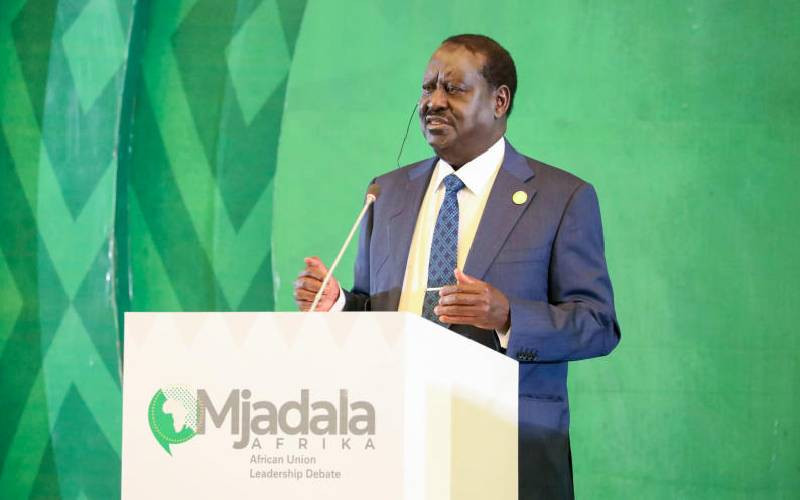By Millicent Muthoni
The Italian Government has converted the bilateral debt owed to it by its Kenyan counterpart into financial resources to implement development projects. In an agreement signed in October, 2006, between the two governments, a total of 44 million Euros (Sh4.4 billion) that would otherwise have gone to repaying the debt will be channelled into projects across four sectors namely health, water and irrigation, urban development and education over a period of 10 years.
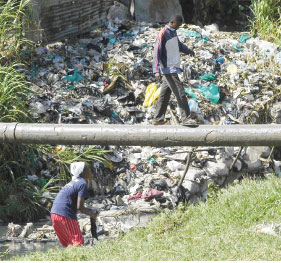 |
The pipe that residents useto cross to Dandora. Photos: Courtesy
|
Many of the slum upgrading projects in the past have failed because the community did not own them and felt they were imposed by donors, non-governmental organisations and the Government, or because they were not appropriate for the slum.
Infrastructure facilities are a good place to start the upgrading process as they are less emotive and benefit the whole community. They win the confidence of the locals thus guaranteeing their involvement in consequent projects.
The ceremony was attended by the Permanent Secretary in the Ministry of Local Government, Sammy Kirui; the Permanent Secretary in the Ministry of Finance, Joseph Kinyua; the assistant minister of Nairobi Metropolitan Development, Elizabeth Ongoro; the Italian Minister for Foreign Affairs, Margerita Boniver, and the Italian Ambassador to Kenya, Pierandrea Magistrati.
Community mobilisation
The KIDDP will run over a period of 10 years and is the first and only debt-for-development-swap operation the Kenyan Government is involved in.
This laudable effort ensures that developing countries use the funds allocated for debt repayment in development projects, putting the gains back in the public sector. The Government can also, with these funds, address the needs of the poor.
The activity of debt cancellation is managed by the Paris Club, an informal group of official creditors who find sustainable solutions to the payment difficulties experienced by debtor nations. Paris Club creditors may reschedule debts due to them or voluntarily undertake debt swaps. These operations may be debt for nature, debt for aid, debt for equity, swaps or other local currency debt swaps.
The swaps often involve the sale of the debt by the creditor government to an investor who in turn sells the debt to the debtor government in return for shares in a local company or for local currency to be used in projects in the country.
The initiative combines the triad of community mobilisation, technical assistance and capital investment and emphasises the need for partnership.
Also targeted under this programme are Tharaka, Suba, Kilifi, Nyandarua and West Pokot Districts.
Stay informed. Subscribe to our newsletter
 The Standard Group Plc is a
multi-media organization with investments in media platforms spanning newspaper
print operations, television, radio broadcasting, digital and online services. The
Standard Group is recognized as a leading multi-media house in Kenya with a key
influence in matters of national and international interest.
The Standard Group Plc is a
multi-media organization with investments in media platforms spanning newspaper
print operations, television, radio broadcasting, digital and online services. The
Standard Group is recognized as a leading multi-media house in Kenya with a key
influence in matters of national and international interest.
 The Standard Group Plc is a
multi-media organization with investments in media platforms spanning newspaper
print operations, television, radio broadcasting, digital and online services. The
Standard Group is recognized as a leading multi-media house in Kenya with a key
influence in matters of national and international interest.
The Standard Group Plc is a
multi-media organization with investments in media platforms spanning newspaper
print operations, television, radio broadcasting, digital and online services. The
Standard Group is recognized as a leading multi-media house in Kenya with a key
influence in matters of national and international interest.


